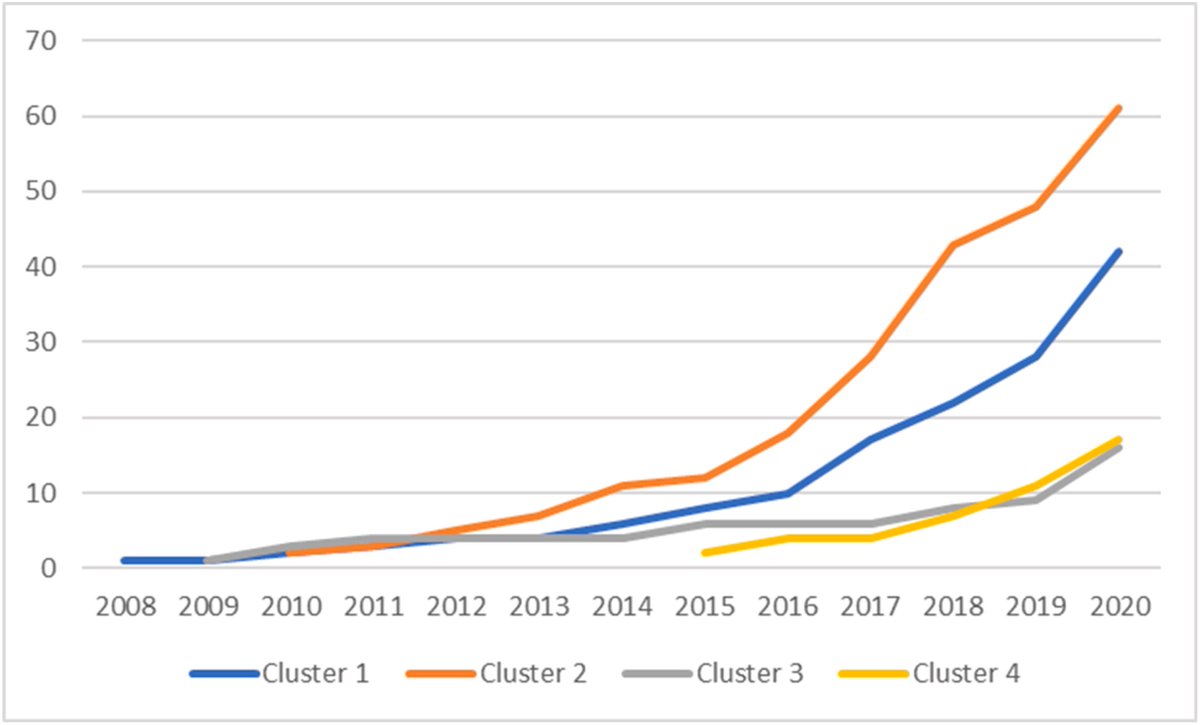New study on energy #communities in #France :
doi.org/10.1016/j.enpo…
The study analyzes the ownership structure and institutional logics of 164 #energy communities. Here are some highlights of our results ⬇️(1/5)
CC @EnergiePartagee @REScoopEU @ademe @Enercoop_SCIC
doi.org/10.1016/j.enpo…
The study analyzes the ownership structure and institutional logics of 164 #energy communities. Here are some highlights of our results ⬇️(1/5)
CC @EnergiePartagee @REScoopEU @ademe @Enercoop_SCIC

We identify the following four energy citizenship configurations:
✔ Full #citizen ownership
✔ Shared citizen ownership
✔ Citizen #crowdfunding
✔ Civic participation
(2/5)
✔ Full #citizen ownership
✔ Shared citizen ownership
✔ Citizen #crowdfunding
✔ Civic participation
(2/5)

💡 In 76% of energy communities, citizens hold the majority of capital shares.
💡 This indicates that models characterized by strong #citizen #engagement in ownership and a strong #community logic dominate the French energy community landscape.
(3/5)
💡 This indicates that models characterized by strong #citizen #engagement in ownership and a strong #community logic dominate the French energy community landscape.
(3/5)

💡 The community logic is still prominent, even in models where citizens are less central. This suggests that the involvement of other actors in energy communities has not threatened th as a vehicle for energy citizenship in the French context.
(4/5)
(4/5)

💡 The paper identifies policies to encourage a variety of energy citizenship models and generalize meaningful citizen engagement.
(5/5)
(5/5)
• • •
Missing some Tweet in this thread? You can try to
force a refresh

 Read on Twitter
Read on Twitter








